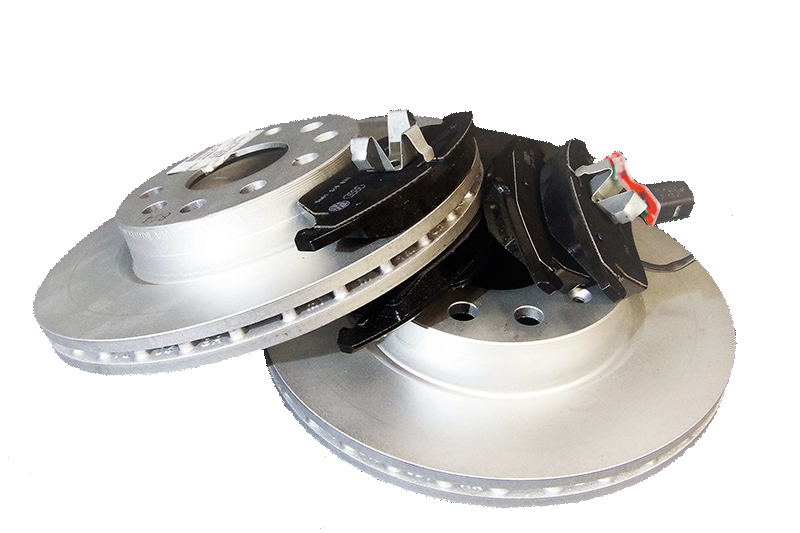About Car Brakes
Regular brake checks are vital when it comes to vehicle maintenance, providing you with the opportunity to identify problems before they develop. Car brakes are essentially your vehicle’s safety system, so it's important that they are always performing to their intended ability.
As with all moving components on your car, brakes are subject to wear and tear. And as they start to wear, they will become much less effective. If you notice your brakes squeaking, any unusual signs, as listed below, or if you have not had a car brake service which checks the condition of your brakes in the last 6 months, you should book a free brake check at your local Merityre Specialists branch.

How Do Brakes Work?
Your car brakes are not one component - they are actually a system comprised of discs, valves and cylinders which work together to transmit a force when you press your brake pedal. When you brake, the brake fluid is engaged and it works its way around the system until it squeezes the brake pad against the disc, producing friction which slows the wheels down. When a car slows down, most of the load is transferred to the front of the car, meaning that the front car brakes do most of the work.
How Do Brakes Fail?
Wear and Tear
As a result of the forces of deceleration, discs and pads are the most common brake components to suffer wear and tear. The type of vehicle you drive, your driving style and how frequently you drive will impact how quickly your brakes wear. High speed braking is the main culprit for excessive wear.
Brake discs have a minimum thickness in line with manufacturer safety standards and they will need to be replaced when they reach this limit. Brake discs will need to be replaced in pairs and the brake pads should also be replaced at this time.
Distortion
As well as becoming worn, discs could also suffer from being distorted by heat. This is caused by uneven heating and cooling which forces the brake disc to change shape. Older brakes and brakes that have been worn thin are more likely to suffer distortion
Brake Fluid
Brake fluid is hygroscopic and absorbs water from the atmosphere. As the water content in the brake fluid increases, the boiling point of the fluid decreases, making it easier for the braking fluid to vaporise, becoming a gas which cannot perform in the same way as a liquid. This means that your braking ability will be dramatically compromised if your brake fluid is contaminated by water. If you want to learn how to top up your own brake fluid, check out this handy guide.